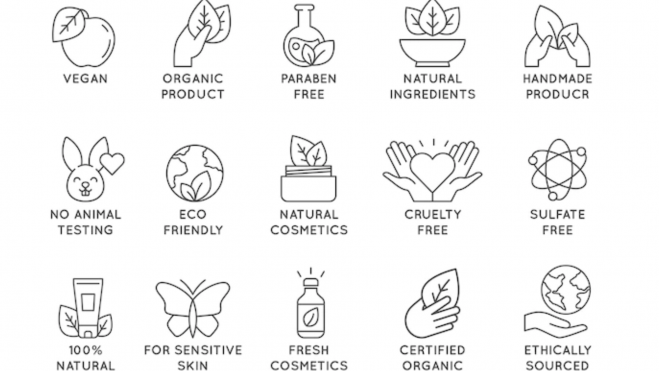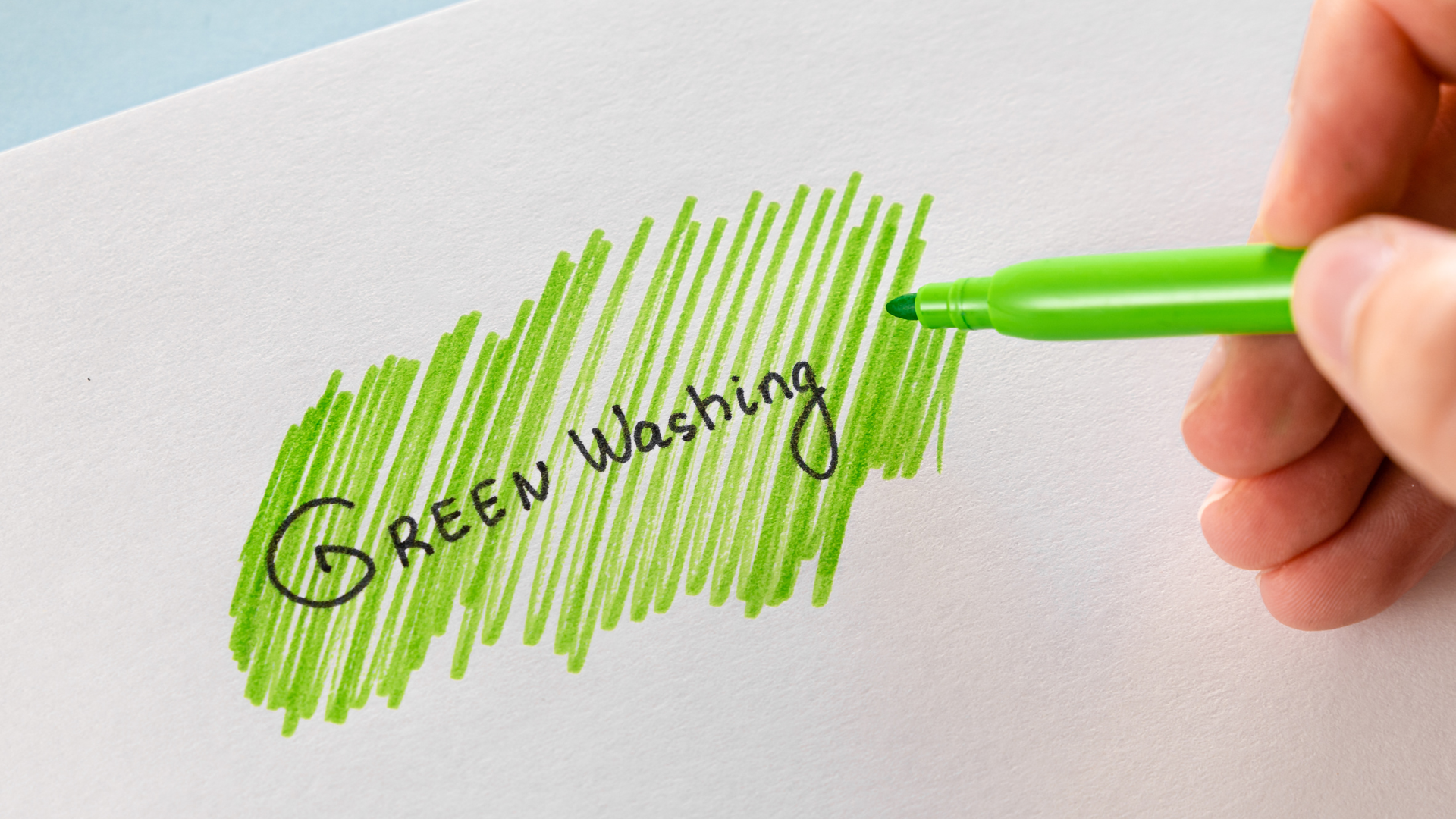As diverse surveys, whereas 90% of the consumers consider the environmental sustainability when buying products of beauty and welfare, 79% has difficulties to trust the affirmations of sustainability of the brands. It is to stand out that the buyers with mentality of sustainability confront to a fault of transparency, what contributes to a prevailing mistrust in the industry put that the affirmations wander leave to the buyers confused. The disconnection between the aspirations of sustainability of the consumers and the promises of mark can not see of isolated form.
There is so much green wash that the buyers don't know what really mean all the affirmations that do and if a company fulfils with the standards that affirm. If the companies of beauty and wellness want to keep on being notable for the increasingly oriented buyers by the values, have to be much clearer in the affirmations of sustainability and use the verification to show them.
If beauty and wellness companies want to remain relevant to buyers they must be clearer in sustainability claims and demonstrate them
The nature and the animal wellness are essential considerations for 93% of the consumers when buying a product of beauty and welfare. The conditions and the treatment of the workers are considered important in more than 90% of the consumers. The corresponding percentages for the impact of the climatic change and the commitment with the community are 88% and 82%, respectively, according to data of several surveys.
The fashionable words surpass to the authenticity? Diverse reports underline that, due to distrust in the industry, buyers require independent verification. The fashionable words now abound in advertising texts, websites, information of points of sale and in the packaging. Some seem to be knowingly ambiguous , like the beauty 'clean' or 'natural', whereas others are designed to attribute an ethical posture to a product, as 'free of cruelty', 'vegan', 'organic' or 'safe for the ocean'. Often, the containers carry labels 'recyclable' or 'compostables' without explaining to which part of the product applies this affirmation.
71% of the consumers say not being insurances of what the marks of beauty want to say with "respectful with the environment"
Besides, 71% of the consumers say not being insurances of what the brands of beauty want to say with "respectful with the environment". In comparison, to 26% results him easy understand the criteria behind the affirmations related with the nature and the animal welfare, like "safe and" free "reef of cruelty".
On the other hand, also it poses the problem that the customers do not understand easily the affirmations on the climatic change: only one of each five finds it "very easy" to understand. Besides, the promises around the renewable energy, the footprints of carbon and the aims of zero net broadcasts often draft , by what the buyers do not understand them easily.
All the exposed does us think in the dilemma, are empty promises or problems of confidence by part of the consumers? 79% of the buyers have doubts on the reliability of the affirmations of sustainability and social impact of the marks of beauty and welfare. However, the question is what causes the distrust? The promises of mark no always are easy to do and an insignia no always is so reassuring as it seems.
We need an open, honest and transparent labelling system so that consumers understand what they buy and can make informed decisions
Often, the consumers look for the term 'vegan' in the products of beauty because they assume that it is better for the planet, but can not say that we are vegan because we use wax of bees, anyway, can opt by this alternative thinking that the wax of bees is a better ingredient that a lot of derivative alternatives of mineral resources. We need an open, honest and transparent labelling system to help to the consumers to understand what are buying so that they can take decisions informed.

In this demand of transparency, the key for the credibility of the brand is to generate confidence through the transparency. The sustainability has gone up slowly to the peak of the diary, but like industry, could develop a reputation of green wash and, therefore, would persist the fault of confidence.
As diverse reports 24% of the population is totally of agreement in that the industry of the beauty is transparent on the environmental and social impact of his products. The buyers describe the independent verification of third like the most reliable source of information of sustainability to the hour to make a purchase.
With so much green washing (sometimes unintended) and washing on purpose, it’s not surprising that consumers are confused and confidence is low. The customers need a stamp of approval standardised and easily recognizable to show that a product has been verified by the impact. It determines that it exists a big disconnection between how operates the industry and the expectations of the consumers. To measure that the sustainability turns into a bet of table, the marks have to act to prepare his marks for the future and ensure that they do not lose the confidence. The information of sustainability is an important factor in the decisions of purchase, only preceded by the efficiency, the price and the description of the product.
The key for the credibility of the mark is to generate confidence through the transparency
If it asks to the consumer what could do the marks of beauty and welfare to win the confidence of the consumer in an affirmation of sustainability, 61% expresses interest in the complete list of ingredients, and 52% also thinks that the marks would have to use a check independent. The qualification and regulation of products by his impact in the environment is a step in the correct direction for the industry of the beauty.
In addition to that it can have regulations that require it, the products have to show his environmental footprint because it is vital for the consumers that wish to take decisions of sustainable and responsible purchase, as well as for the companies that wish to be totally transparent and fulfil with his responsibilities regarding the environment and the society.

